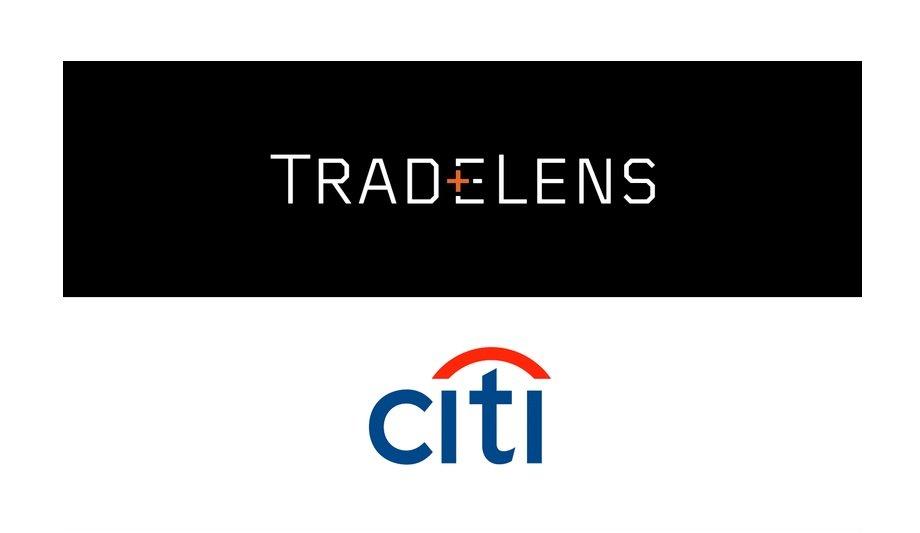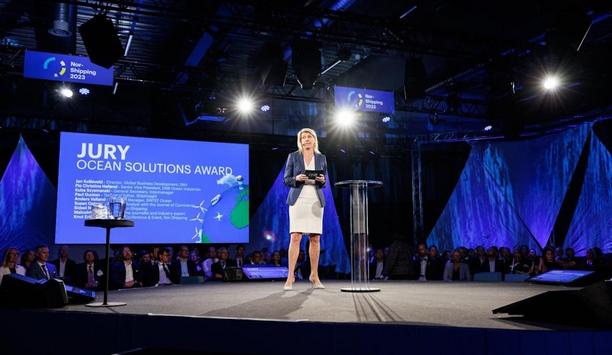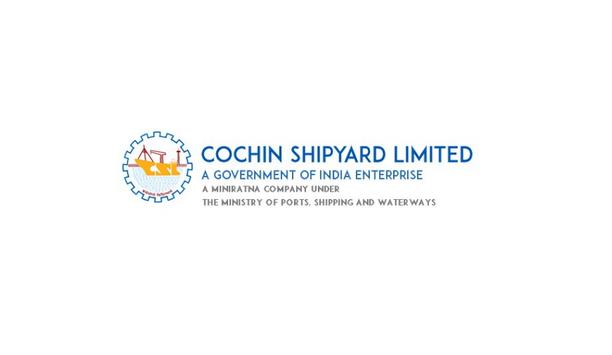Citi Treasury and Trade Solutions (TTS) Asia Pacific has completed its first pilot paperless trade finance transaction using the TradeLens platform.
Leveraging blockchain technology supplied by TradeLens, the pilot illustrates the effectiveness of the technology to improve supply chain efficiency by significantly reducing document processing lead times.
Paperless process
With the underlying Letter of Credit executed using an electronic Bill of Lading (eBL), Citi Bangladesh facilitated the import of agrochemical products from India to Bangladesh for Syngenta Bangladesh using an entirely paperless process.
This process resulted in a 10-day reduction in document processing times from around an expected 20 to 25 days. The transaction also led to a reduction of costs related to paperwork, postage, port demurrage, and transport.
End-to-end digital solution
TradeLens eBL is an end-to-end digital solution for the issuance, transfer, and surrender of original bills of lading
TradeLens is a multifunctional blockchain-based shipping platform jointly developed by IBM and GTD Solution Inc., a subsidiary of A.P.Moller-Maersk.
The TradeLens eBL is a standard, industry-supported, end-to-end digital solution that provides shippers, cargo owners, freight forwarders, banks, and carriers with a streamlined and secure process for the issuance, transfer, and surrender of original bills of lading.
Digital trade
Citi Treasury and Trade Solutions Head for Bangladesh, Md. Moinul Huq, said, “Trade has traditionally been reliant on paper-heavy documentation across multiple parties thus making transactions complex and riskier. Embracing innovative technologies and platforms is bringing substantial benefits to our clients and to Citi as their banking partner."
"We are delighted to have supported Syngenta Bangladesh in this pilot transaction and next-gen cross-border trade processing modality. On the back of this pilot, we will work towards the commercialisation and expansion of our services in this area of digital trade.”
End-to-end blockchain scalability
"Transferring bills of lading digitally brings immediate benefits to all the entities involved. Supply chain processes are complex and the ability to collaborate seamlessly with multiple partners is critical,” said Kim Spalding, CEO of TradeLens.
"The continued integration of banks to the TradeLens platform is a valuable demonstration for the industry of the scalability of end-to-end blockchain and its impact on critical transactions.”
eBL
Citi and the exporter’s Bank worked collaboratively with TradeLens towards the closure of the transaction
During the course of the shipment, all associated documentation was shared and validated among various parties via the TradeLens platform. Digitised documents included the electronic Bill of Lading issued directly from the carrier as well as the Commercial Invoice, Packing List, and Certificate of Origin.
The issued eBL was forwarded to the exporter, Syngenta Asia Pacific, on the TradeLens platform itself. The exporter, through its bank, then sent all the required documents electronically to Citi Bangladesh through the same platform. Both Citi and the exporter’s Bank worked collaboratively with TradeLens towards the successful closure of the transaction.
Trade efficiency and simplicity
Kanika Thakur, Asia Pacific Trade Head, Treasury, and Trade Solutions, Citi, said, “We are proud of this milestone transaction and our strong partnership with Syngenta across the region. With trade digitisation continuing to gather pace, and as supply chain disruptions persist, clients are prioritising efficiency and simplicity in trade execution."
"We will continue to make progress in our digitisation efforts, leveraging industry platforms that can bring together multiple parties in a transparent manner, and making trade financing accessible through our own proprietary digital platforms.”











